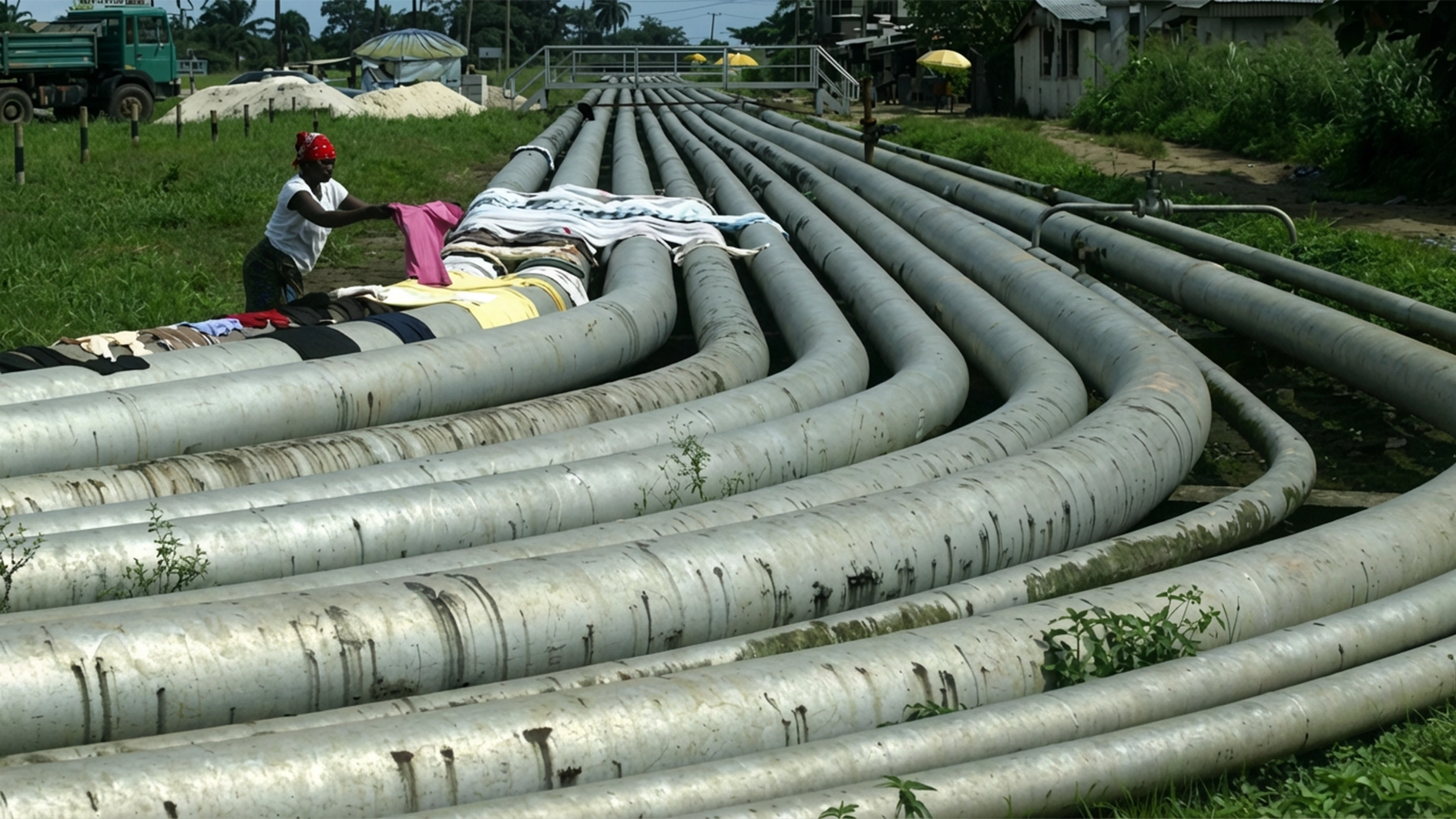
Unless Africa prioritises energy transition and Foreign Direct Investment (FDI), achieving sustainable development on the continent may remain a mirage, stakeholders have said.
Head of Commercial and Planning, Asharami Energy, Dr Tosin Etomi, said the position of Africa, as the lowest emitter of carbon dioxide, has earned the continent the right to approach its energy transition at a measured pace and attract FDI to ensure the best possible use of its resources.
Etomi at the second Nigeria 2.0 Summit, said Africa’s transition to cleaner fuels should be driven by its resources, through the application of technology, fresh investments, and partnership among Africans.
“There is a huge need to develop gas quickly to light up opportunities in Nigeria and across Africa. We also need to ensure that an Africa-focused energy transition programme is adopted to ensure no one on the continent is left behind,” he said.
He stressed that Nigeria needs a stronger economy to tend to its teeming population and eradicate poverty, adding that the country’s energy demand will grow faster than what renewable energy technologies are likely to offer.
He urged the optimisation of local content opportunities to help drive the nation’s quest for energy access and security as well as facilitate a seamless transition journey in Nigeria.
“The greenest continent today is still Africa; the means of livelihood in Africa are largely connected to fossil fuels. We should have justification for how we should grow at our own pace. Nigeria should grow at its own pace with its resources.
“Despite the dearth of investments, Africa could still strive towards meeting the continent’s energy needs through collaboration and prioritising the African narrative for Africans by Africans,” he said.
Also, Electricity Analyst, Lanre Elatuyi, said the transition to renewable energy means more than just economic growth for Africa, it presents the continent with the opportunity to reduce carbon emissions and combat climate change by reducing its dependence on fossil fuels.
He stressed that Nigeria and other African countries have to manage their ambitions and reduce comparison with advanced nations that developed their economies with fossil fuel, noting that Nigeria is a developing country and cannot industrialise with intermittent renewables.
“If we can’t manage resources, we have in abundance to give our people energy access and ensure adequate supply, it is unimaginable that we are thinking of relying on renewables when we don’t even have the resources and know-how to manage utility-scale energy production from renewables,” he said. He urged the government to prioritise what is important and focus on what is in abundance, so Nigeria can have an affordable energy supply.
However, the success of the energy transition will require much more than just FDI, Etomi urged governments to establish favorable policies, plans, and regulations that create an enabling environment to invite more FDI.
The transition to renewable energy means more than just economic growth for Africa. It presents the continent with the opportunity to reduce carbon emissions and combat climate change by reducing its dependence on fossil fuels.
The experts also emphasised the need for governments to create supportive policies that promote renewable energy and attract foreign investment. They urged African leaders to prioritise sustainable development in their national agendas and work together to tackle the challenges facing the continent.






